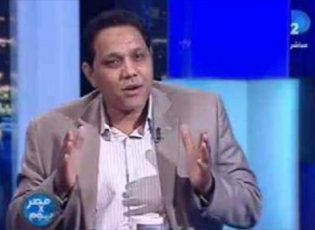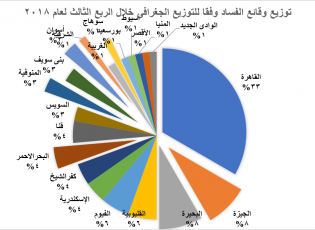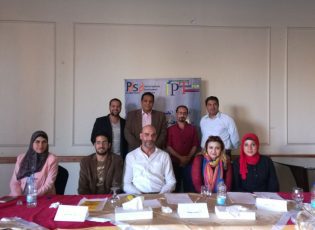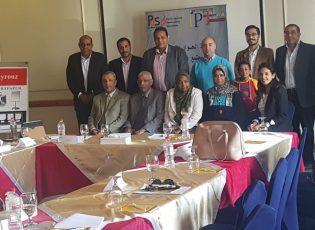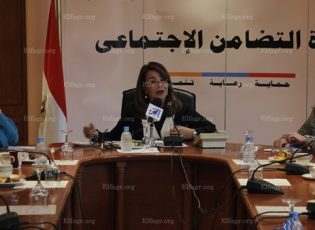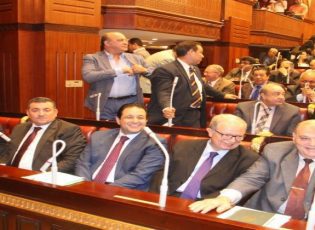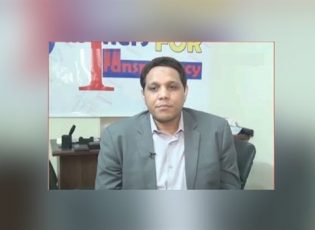Abdel Ghaffar Shukr, Vice President of the National Council for Human Rights, announced the completion of the preparation of the "Human Rights Message" through which the Council seeks to monitor the human rights situation in Egypt during the current period, in light of the Council's preparations to hold a lengthy meeting with President Abdel Fattah El-Sisi to discuss the situation and take measures to improve it and confront it Violations by various institutions.
"Shukr" added in statements to "Al-Bawaba" that the council seeks to develop a strategic plan sponsored by the state, with the aim of promoting human rights at all levels, pointing out that the message is currently being presented to the concerned parties, mainly civil society organizations and human rights centers. The vice president of the National Council for Human Rights said that the human rights situation has multiple parties, represented by the legislative authority, the executive authority and civil society.
"Shukr" explained that the message monitors everything related to human rights and freedoms and the violations that have affected writers, creators and thinkers during the recent period, as they were sentenced to imprisonment for "contempt of religions", considering that the reality of public freedoms in Egypt is turbulent and needs to amend some of the legislation that is used. In a negative way, only creative people, writers and thinkers are affected.
On the other hand, a number of human rights organizations criticized the performance of the National Council for Human Rights, describing it as being governed by "Shalalia", especially since it did not communicate with any of the organizations in preparing its message on human rights in Egypt.
Walaa Jad al-Karim, president of the Partners for Transparency Foundation, said that the National Council for Human Rights communicates with organizations selectively and is subject to the rules of paralysis and personal relations, stressing that the Council did not communicate with all organizations that truly work in civil society as long as they do not have personal relationships with members. Or researchers.
Meanwhile, Mohamed Zaree, a human rights activist, said that the National Council for Human Rights did not communicate with any of the civil society organizations, and that the president will not meet with civil society organizations in his broad sense of associations and non-governmental organizationsPortal News
“Shukr”: We have completed the assessment of the human rights situation in Egypt




